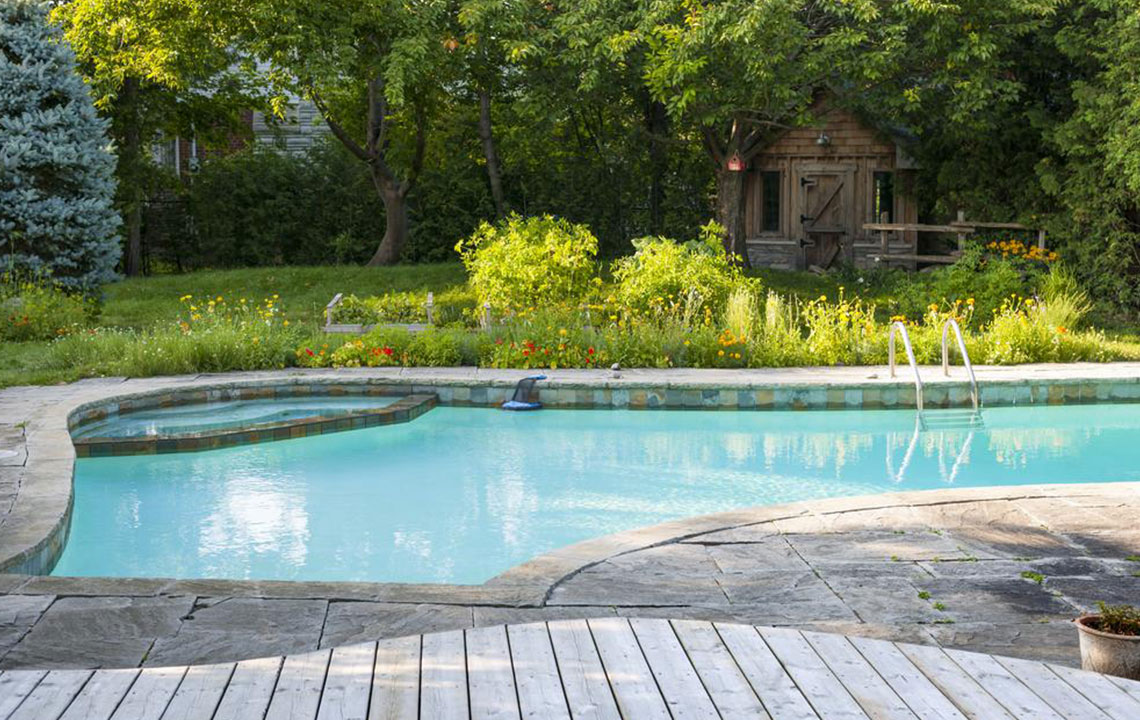4 reasons why fiberglass swimming pools are better than concrete swimming pools
Deciding on which type of swimming pool to get can be an overwhelming task. Therefore, if you are in such a dilemma as to which swimming pool -fiberglass or concrete- you should choose, here are some reasons that indicate why fiberglass pools are better than concrete pools.
- Installation
Installation of swimming pools is a major factor that requires thorough consideration. Fiberglass pools are easy and quick to install. As most of the work of these pools is done in the factory, their installation takes only a week or two on the site.

On the other hand, installation of concrete pools is a time-consuming affair, as they take longer to build on the site. Maintenance
Fiberglass pools are easy to maintain. As their smooth gel coat surface inhibits algae and bacteria growth, these pools remain clean for a long time. If you install high-quality fiberglass pools in your home, you are less likely to incur the resurfacing cost that low-quality pools usually demand. You would only be required to follow the basic maintenance and care guidelines provided by the pool manufacturer.
On the other hand, concrete pools need an expensive and difficult maintenance routine. They serve as breeding grounds for bacteria and algae due to their porous surface. Therefore, owners end up spending more time and money on keeping their concrete pools clean and usable. Visual appeal
When compared to the concrete pools, fiberglass pools are more visually appealing. They come in a wide assortment of finishes and stunning surfaces, giving homeowners the liberty to choose the one that suits their taste and requirements the best. Durability
As fiberglass pools are made of a super tough material, they tend to last long without demanding a lot of care. High-quality fiberglass pools are superior in terms of strength, flexibility, and durability. On the other hand, concrete pools despite all the ongoing care and maintenance demand a recondition after a maximum period of 15 years.
Fiberglass pools are easy to maintain. As their smooth gel coat surface inhibits algae and bacteria growth, these pools remain clean for a long time. If you install high-quality fiberglass pools in your home, you are less likely to incur the resurfacing cost that low-quality pools usually demand. You would only be required to follow the basic maintenance and care guidelines provided by the pool manufacturer.
On the other hand, concrete pools need an expensive and difficult maintenance routine. They serve as breeding grounds for bacteria and algae due to their porous surface. Therefore, owners end up spending more time and money on keeping their concrete pools clean and usable.
When compared to the concrete pools, fiberglass pools are more visually appealing. They come in a wide assortment of finishes and stunning surfaces, giving homeowners the liberty to choose the one that suits their taste and requirements the best.
As fiberglass pools are made of a super tough material, they tend to last long without demanding a lot of care. High-quality fiberglass pools are superior in terms of strength, flexibility, and durability. On the other hand, concrete pools despite all the ongoing care and maintenance demand a recondition after a maximum period of 15 years.
As both fiberglass and concrete pools have their fair share of advantages and disadvantages, it is solely up to you to decide which swimming pool would work best for you.